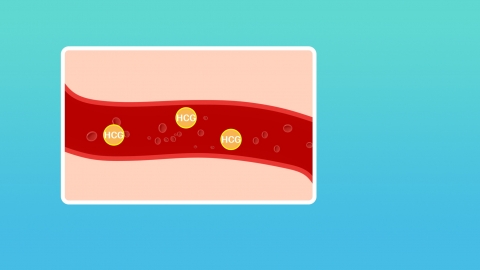The high incidence time for myocardial infarction is at several o'clock in the early morning.
Myocardial infarction, commonly known as a heart attack, typically occurs most frequently between 4 a.m. and 6 a.m. If any abnormalities occur, prompt medical attention is recommended. Detailed analysis is as follows:

During this time period, the body's sympathetic nervous system gradually becomes more active, increasing heart rate and blood pressure, thereby placing additional strain on the heart. At the same time, blood viscosity is higher, making platelets more likely to aggregate and form blood clots, increasing the risk of coronary artery blockage and triggering myocardial infarction. During this period, the body transitions from a sleeping state to wakefulness, with significant changes in various physiological indicators, making vascular abnormalities more likely.
Between 4 a.m. and 6 a.m., the human body is in a phase of circadian rhythm adjustment, during which hormone secretion changes, such as increased catecholamine secretion, which may cause coronary artery constriction and reduce blood supply to the heart muscle. Additionally, reduced water intake and physical activity at night slow down blood circulation, further increasing the likelihood of myocardial infarction, especially in individuals with pre-existing heart conditions.
Attention should be paid to bodily changes during the early morning hours. If symptoms such as chest pain or chest tightness occur, timely measures should be taken. Patients with underlying conditions should strictly follow medical advice regarding medication to reduce the risk of an attack.








